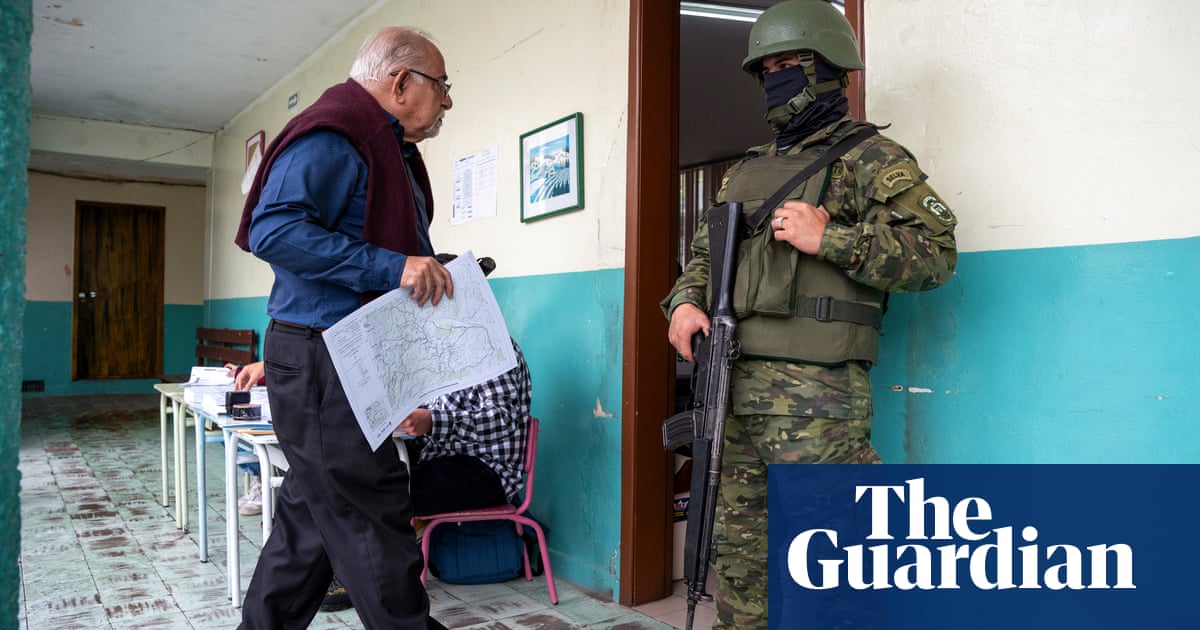
GILGIT: At a distance of 6 feet apart from each other to curb the spread of the coronavirus, nearly 800,000 voters in Gilgit-Baltistan went to the polls on Sunday to elect 24 candidates for the third legislative assembly in Pakistan’s north.
Campaigning has been in full swing in the region in the past few weeks, with nearly 330 candidates, including four women, in the fray.
Candidates from Pakistan’s major political parties have promised to build infrastructure projects and end decades of neglect in a region that has never officially been part of Pakistan but forms part of the portion of disputed Kashmir that Pakistan controls.
Both New Delhi and Islamabad have claimed all of Kashmir since gaining independence 73 years ago, and have fought two wars over the territory.
More than 13,000 law enforcement officials, including those brought in from around the country, have been deployed across polling stations in the region to secure the voting process, which will run from 8 a.m. to 5 p.m.
Nearly 8,000 bags containing face covers, masks, gloves and sanitisers have been provided for staff at polling booths.
“No one will be allowed to enter the polling stations after 5 p.m.,” election commission official Muneer Johar told Arab News.
“Only voters already inside the wall ground will be allowed to cast votes.”
According to data from the Gilgit-Baltistan election commission, 745,361 people have registered to vote, of which 339,992 are women.
Nearly 1,234 polling stations have been set up in 24 constituencies, of which 415 have been declared “extremely sensitive.”
A former official in the chief minister’s office, Shahzada Maqpon, cast his vote in the Majini Muhallah area of Gilgit and said a large number of people were voting in the hope that a new local government would work for the development of the impoverished area.
“Voting is the fundamental right of people, and everyone is coming to polling stations to choose the best representatives for the region,” he said.
Women, too, came out to vote in a region where they have never voted in several constituencies, and few have run for office.
“In the last election, my husband didn’t allow me to cast my vote, saying it is not necessary for women,” Zahra Bibi told Arab News outside a polling station.
“Today, I am happy that I have voted for a female candidate.”
Senior journalist Qasim Shah, who has been covering elections in the area for the past two decades, said a “greater” turnout was expected than in any elections in the past.
Earlier this month, the federal government said that it had decided to elevate the impoverished region’s status to that of a province, which would give it greater political representation.
The announcement came a year after India changed the status of the portion of Kashmir it controls, taking away the region’s autonomy. India rejects Pakistan’s plan to change Gilgit-Baltistan’s status and has called the election there an exercise to cover up Pakistan’s occupation of the region. Islamabad denies this.












